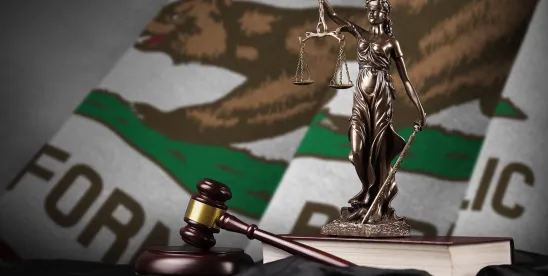Both the legal and popular presses have been abuzz about the Supreme Court's overruling of the Chevron Doctrine. Loper Bright Enterprises v. Raimondo and Relentless Inc. v. Department of Commerce, 2024 WL 3208360 (June 28, 2024). According to my firm's Legal Alert:
Essentially, under Chevron, when a federal statute is silent or ambiguous about a particular regulatory issue, courts must defer to the implementing agency’s reasonable interpretation of the law.
As momentous as the Supreme Court's holding is, I expect that it will likely have a little impact on judicial review of California agency actions in the California courts. As explained in this post from eight years ago, California courts do not follow Chevron.
An agency interpretation of the meaning and legal effect of a statute is entitled to consideration and respect by the courts; however, unlike quasi-legislative regulations adopted by an agency to which the Legislature has confided the power to "make law," and which, if authorized by the enabling legislation, bind this and other courts as firmly as statutes themselves, the binding power of an agency's interpretation of a statute or regulation is contextual: Its power to persuade is both circumstantial and dependent on the presence or absence of factors that support the merit of the interpretation.
Yamaha Corp. of America v. State Bd. of Equalization, 19 Cal. 4th 1, 7 (1998).
With Chevron gone, can Auer be far behind?
The Auer doctrine is closely related to the Chevron Doctrine. Auer v. Robbins, 519 U.S. 452 (1997). In Auer, the Supreme Court held that an agency's interpretation of its own regulation is controlling unless it is plainly erroneous or inconsistent with the regulation. As recently as 2019, the Supreme Court had declined to overrule Auer. Kisor v. Wilkie, 588 U. S. 558 (2019). The majority in Loper Bright makes no mention of Auer, but Justice Elena Kagan's dissenting opinion mentions Auer several times and highlights Kisor:
In Kisor, this Court refused to overrule Auer because doing so would “cast doubt on” many longstanding constructions of rules, and thereby upset settled expectations. 588 U. S., at 587 (opinion of the Court). Overruling Chevron, and thus raising new doubts about agency constructions of statutes, will be far more disruptive.
Should the Court overturn Auer, the effects are likely to be as monumental as the overturning of the Chevron Doctrine.



 />i
/>i

